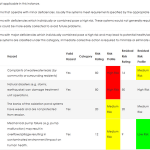Identifying Vulnerabilities and Prioritizing Actions – MuSSA and MPAP for Gauteng
Through the tracking of current and likely future performance, the key areas of vulnerability identified, allow municipalities to effectively plan and direct appropriate resources that will also enable DWA and the sector to provide more effective support. More importantly as the MuSSA is forward-looking, these proactive measures will in turn contribute to the alleviation of the key areas of vulnerability and support achieving effective municipal service delivery beyond 2014.

The MuSSA is an extremely useful tool for policy makers, that:
- Identifies which key areas of service have the highest vulnerability per municipality/region/nationally.
- Identifies which WSAs/municipalities/regions have the highest vulnerability.
- Identifies commonalities across provinces (regions).
- Provides input into a Municipal Priority Action Plan (MPAP) to redress water service vulnerabilities. In particular the MPAP approach utilizes a “Plan-Do-Check-Act” (PDCA) framework, and is currently being piloted and rolled-out in KwaZulu Natal and more recently Gauteng (The MPAP process is also supported by DWA National, DWA KZN and SALGA and links to the DWA Master Planning approach and Water Services Development Plans). The MPAP focuses on the following four phases:
- Phase I – Analyze the current situation via the MuSSA, by the WSA and Regional DWA and decide where the WSA wants to be.
- Phase II – Determine the approaches on how the get there.
- Phase III – Set Actions to achieve these targets.
- Phase IV – Monitor, Evaluate and Communicate progress (including updating the MuSSA), to both the WSA and DWA regional office.

As the MuSSA and MPAP support the Master Planning and WSDP process, WSAs should ensure that both MuSSA and MPAP are completed and supported by Council, and subsequently included within their WSDP. This will ensure that the WSDP (which forms of the IDP) will include an appropriate allocation of resources to systematically address the prioritized vulnerabilities, which will lead to an improvement of the overall water services business health of the WSA.
South Africa has used the MuSSA to assist to understand, support and guide the status of municipal water services. In support of the Blue/Green Drop regulatory initiatives, the MuSSA has identified where threats to sustainable services provision remain, and the development of local, regional and national strategies regarding measures that are required to close these “sustainability gaps”. The positive impact of the MuSSAs at a local government level is that WSAs can assess their own performance, identify areas requiring corrective action, benchmark themselves against peers, and monitor and track their trends.
For more information on MuSSA and/or MPAP, please contact us.










